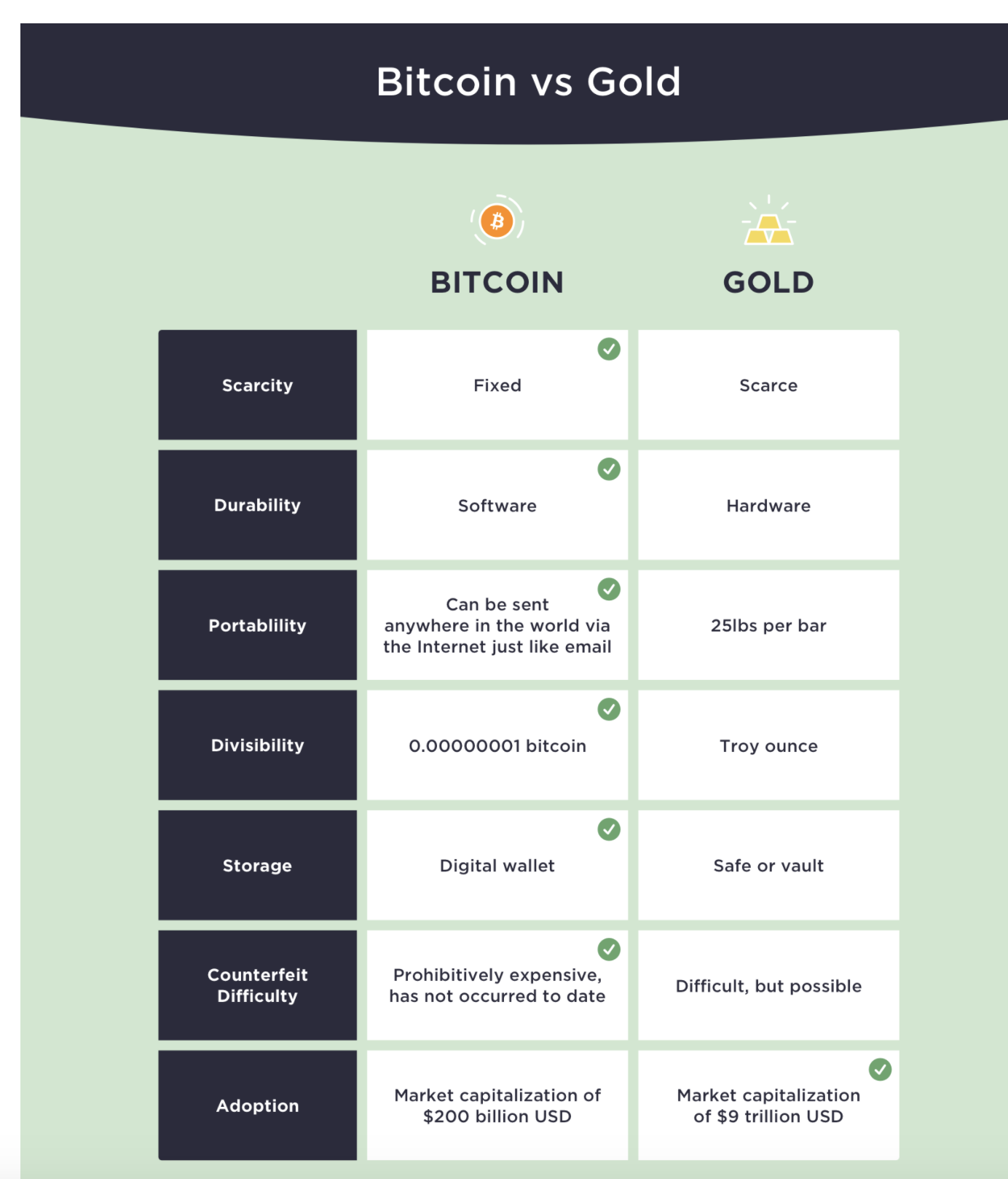It would not just be plagued by the same problems it would create some new ones.
Following the Weber (2016) who actually written research exploring exactly the question that you are asking here:
The scope of monetary policy would be more limited under the Bitcoin standard than
under the gold standard. The ability to issue fiduciary currency would give central banks
limited ability to act as lenders of last resort. However, virtually costless arbitrage of Bitcoin across countries would prevent central banks from implementing interest rate policies to affect their domestic economies.
An empirical examination of countries’ experience with the gold standard leads to the
following conjectures about how the Bitcoin standard might perform:
- In the long run, there would be moderate deflation that would increase over time until
reaching a rate of deflation equal to the negative of the rate of growth of world output
around 2026.
- Price levels of the various countries would be highly, but not perfectly, correlated, much
as they were under the gold standard.
- Exchange rates among the fiduciary currencies of various countries would be fixed at
par, because the cost of Bitcoin arbitrage is essentially zero.
- There would still be financial crises, because they can occur under any fractional reserve
financial system.
The paper concludes by speculating that even if the Bitcoin standard were to come into
existence, it would not last long, for two reasons: (1) The payments world is changing so
rapidly that there will be a technological innovation that provides a potential medium of
exchange with the same or greater benefits of Bitcoin or with lower costs. Such an innovation
could come either from the private sector or from the government. (2) There would be
pressure to return to a fiat money system so that a more activist monetary policy could be
pursued.
In a nutshell, it would be pretty similar to gold standard but with some extra strings attached that would just additionally constrain monetary policy making it even slightly worse. As a consequence, if Bitcoin standard would ever become adopted it would likely perform even worse than Gold standard did (which is saying something), and would likely go the same way. You can find more detail on the workings of such standard in the paper itself.
Response to Edit:
The above still applies but let me also respond to the new infographic that was added to the question.
- Scarcity - This is exactly why Bitcoin would perform worse, and it is connected to what was written above.
- Durability - Given that gold has very long half-life and under gold standard it was mostly stored in vaults not actually used (hence no wear & tear) this never was issue with gold standard.
- Portability - Same as above, under gold standard people mostly moved claims to gold, actual gold moved from vault to vault only occasionally. Also note in both Bitcoin and Gold standard people would not pay with Bitcoins or Gold respectively, they pay with banknotes that are backed by either Bitcoin or Gold respectively (and which would be on fixed exchange with banknotes e.g. 1USD=0.1 Bitcoin for example).
- Divisibility - This is moot point. You can have 0.000001 troy ounce. In fact gold is for all practical purposes infinitely divisible (up to the scale of individual atoms of course).
- Storage - this was never significant issue with gold standard, in addition people still store investment gold in vaults its just not tied to money.
- Counterfeit - Again completely moot point. Under gold standard gold would mostly just sit in vaults. People would not pay with gold coins. Banknotes backed by either Bitcoin or gold would be equally difficult to counterfeit as regular fiat banknotes since that is what people would be using as money under Bitcoin standard.
- Adoption - Again not relevant, if we talk about Bitcoin standard adoption requires fixed exchange between a currency and Bitcoin - to my best knowledge no country did this to the date. Also, I never heard of use of market capitalization as measure of adoption when it comes to monetary system so the metric does not provide any argument either in favor of gold or Bitcoin.
